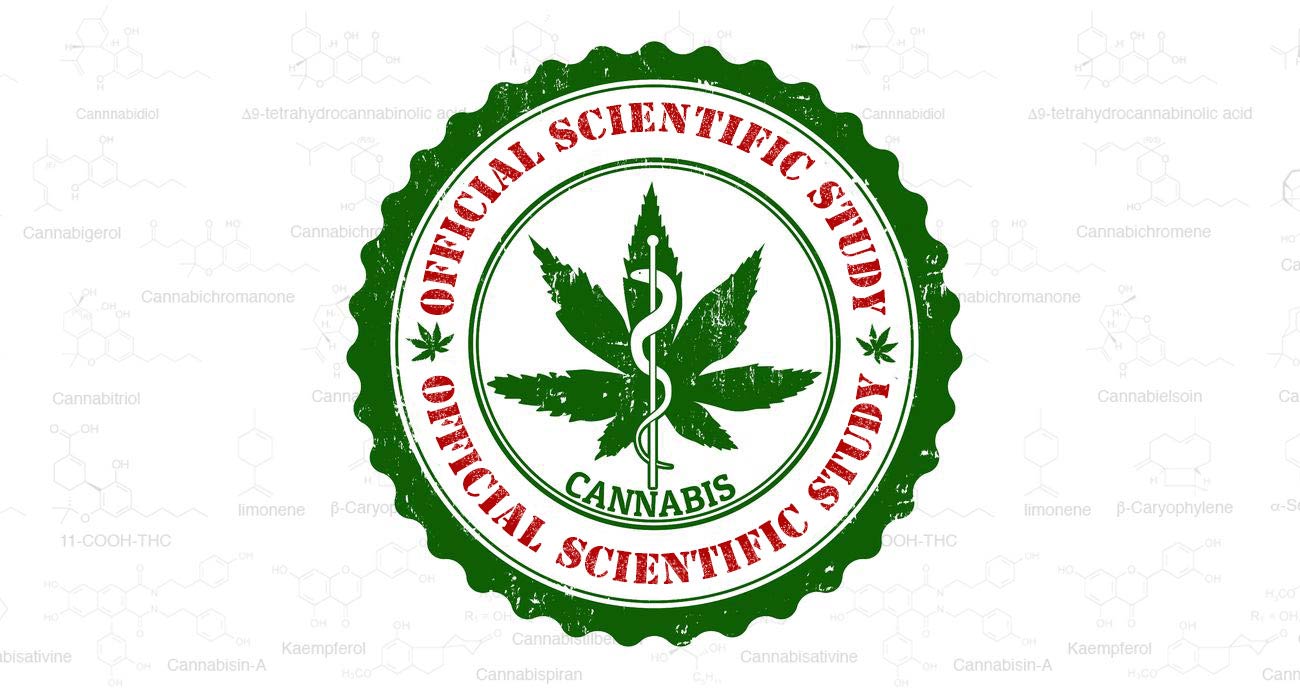ABSTRACT:
Cannabidiol (CBD) has beneficial effects in disorders as wide ranging as diabetes, Huntington’s disease, cancer and colitis. Accumulating evidence now also suggests that CBD is beneficial in the cardiovascular system. CBD has direct actions on isolated arteries, causing both acute and time-dependent vasorelaxation. In vitro incubation with CBD enhances the vasorelaxant responses in animal models of impaired endothelium-dependent vasorelaxation. CBD protects against the vascular damage caused by a high glucose environment, inflammation or the induction of type 2 diabetes in animal models and reduces the vascular hyperpermeability associated with such environments. A common theme throughout these studies is the anti-inflammatory and anti-oxidant effect of CBD. In the heart, in vivo CBD treatment protects against ischaemia-reperfusion damage and against cardiomyopathy associated with diabetes. Similarly, in a different model of ischaemia-reperfusion, CBD has been shown to reduce infarct size and increase blood flow in animal models of stroke, sensitive to 5HT1A receptor antagonism. Although acute or chronic CBD treatment seems to have little effect on haemodynamics, CBD reduces the cardiovascular response to models of stress, applied either systemically or intracranially, inhibited by a 5HT1A receptor antagonist. In blood, CBD influences the survival and death of white blood cells, white blood cell migration and platelet aggregation. Taken together, these preclinical data appear to support a positive role for CBD treatment in the heart, and in peripheral and cerebral vasculature. However, further work is required to strengthen this hypothesis, establish mechanisms of action and whether similar responses to CBD would be observed in humans.
Read full study here

